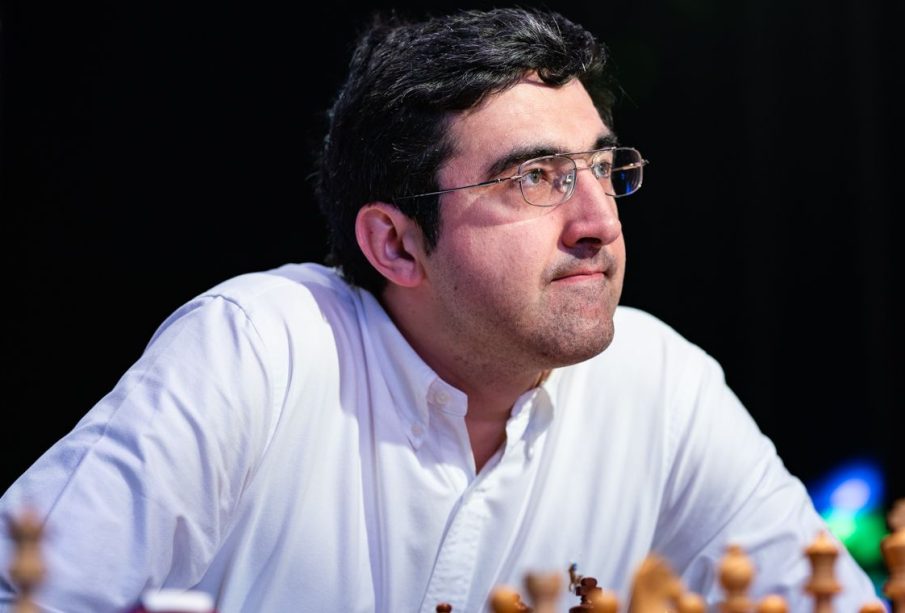Exploring the Legacy of Vladimir Kramnik

Introduction
Vladimir Kramnik, a name synonymous with chess excellence, is one of the most celebrated grandmasters in the history of the game. His strategies and innovations have not only left a mark on competitive chess but have also contributed significantly to its popularity globally. As we navigate the current landscape of chess, understanding Kramnik’s impact gives insight into the evolution and future of the sport.
Professional Achievements
Kramnik, born on June 25, 1975, in Tuapse, Russia, became the World Chess Champion in 2000 by defeating Garry Kasparov, marking the beginning of a new era in chess. His victory was notable not just for dethroning a longstanding champion but also for Kramnik’s strategic approach to the game which emphasized solid openings and positional play.
In addition to his World Championship title, Kramnik has won numerous prestigious tournaments, including the Dortmund Sparkassen Chess Meeting and the Corus tournament. His achievements have earned him accolades from peers and enthusiasts alike, positioning him as a pillar in the chess community.
Contribution to Chess
Kramnik is not just a player; his contributions extend into chess education and literature. He has written extensively on chess theory and is known for championing the virtues of classical chess, arguing for the significance of deep understanding over mere tactical calculations. His personalized training methods and emphasis on methodology are currently being observed in younger generations of players.
Since retiring from classical chess, Kramnik has continued to influence the game by participating in rapid and online formats, still showcasing high-level play. His recent participation in major online tournaments has maintained his relevance in the chess world and allowed fans to witness his enduring mastery.
Conclusion
Vladimir Kramnik’s legacy is characterized not just by his impressive title and tournament victories, but also by his approach to chess as a lifelong journey. As the chess world continues to evolve with new talents and technologies, Kramnik’s philosophies and teachings remain a guiding light. Looking forward, aspiring chess players would do well to study his games and teachings, reflecting on a player who has competed at the highest level and has continually reinvigorated his approach toward the game. The significance of Kramnik is not just historical; it is an ongoing narrative that will influence future generations of chess players.









